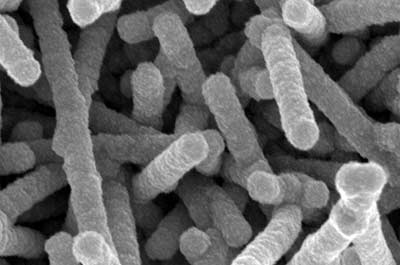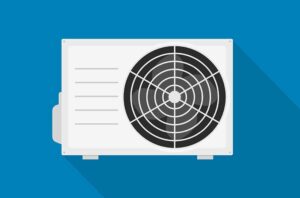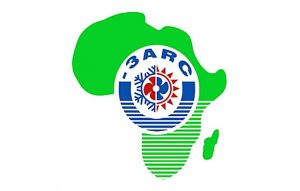Tobacco virus could improve heat exchange
12th April 2015
USA: Viruses that infect the leaves of tobacco plants could in the future be used to improve heat exchanger efficiencies.
Researchers at Philadelphia’s Drexel University are using the viruses to better understand and enhance the processes of boiling and condensation, which they say could make power plants safer, heating and cooling of buildings more efficient and electronics more powerful.
The team led by Matthew McCarthy is designing, building and testing surfaces that are becoming increasingly better at controlling the formation and removal of vapour bubbles during the boiling process, while also delaying the onset of critical heat flux.
“Critical heat flux is essentially the failure of a surface during boiling, where the production of vapour cannot be balanced by replenishing liquid,” McCarthy said. “The result is an uncontrollable and often dangerous increase in surface temperature.”
When a liquid reaches critical heat flux a thin layer of vapour blankets the heat transfer surface. This vapour insulates the liquid from the heat source and it drastically reduces the surface’s ability to dissipate heat to the liquid. This results in “burnout,” which means dangerous increases in surface temperature occur very rapidly. After critical heat flux and burnout occur, it is extremely difficult to re-wet the surface and reduce its temperature.
McCarthy’s goal is to create nano-structured coatings for the heat-transfer surfaces that can delay or prevent the vapour barrier from forming in the first place. The ideal structure for higher heat transfer during boiling, according to McCarthy, is one that draws in the liquid and quickly re-wets when the water does transform into a vapour.
McCarthy’s team is employing a hydrophilic material to use the capillary effect to draw the liquid to a region of lower density and keep surfaces wet. McCarthy’s team is creating its own super-hydrophilic surfaces by coating them with thousands of nanostructure tendrils. This is where the viruses come in.
McCarthy has been working with tobacco mosaic viruses for a number of years, growing his own genetically modified strain of the virus in his lab. The genetic mutations allow the viruses to attach to virtually any substrate. This includes stainless steel, aluminium, copper, gold, silicon, and a variety of different polymers.
To make a test surface, McCarthy pours a solution containing billions of viruses onto his selected substrate. The rod-shaped viruses attach to the surface, forming a bristly layer of nanostructures. The tiny forest is then coated with a thin shell of metal that rigidly attaches the nanostructures.
Once coated, the viruses are rendered inert. What they’ve left behind is a coating of evenly spaced tendrils—“metallic grass,” as McCarthy calls it. This “grass” creates a capillary effect, which allows the coating to wick liquids across it and keep them in contact with the heat-transfer surface.
Early results are described as quite promising. The surfaces are said to have shown a 240% increase in critical heat flux, which means the maximum heat transfer rate achievable before critical heat flux occurs is more than three times as high as it was using the uncoated boiling surface.







